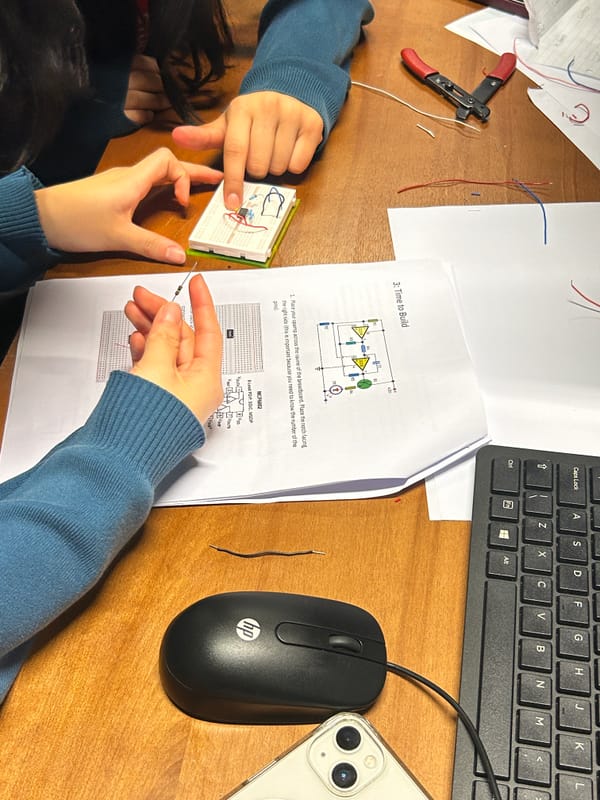Re-mark for the grading system?
Union Council discusses the GPA

The Union is considering its response to plans by certain members of the Russell Group of elite universities to replace the current degree classification system with a US style grade point average (GPA). The system would involve students being assigned one of 14 letter grades, running from F- to A+, for each piece of assessment. These would each have a numerical value – or grade point – running from 0.00 to 4.25, with a student’s final mark being a weighted average of these grade points.
The group of universities – which includes King’s College London, UCL and Manchester but not Imperial – first made their intentions public in an article in Times Higher Education in June 2011. The main reason given for wanting the change is to help allow the British system to be more easily understood by foreign employers. The current practice of awarding students firsts, 2:1s , 2:2s and thirds was only fully implemented after World War I and is not widely used outside of the UK.
The universities also argue that the new grade system would be fairer and provide potential employers more information than the broad categories presentlyused. For example, under the current system two students might earn final percentages of 59.0% and 60.1% and yet be awarded the very different classifications of 2:2 and 2:1 respectively. A grade point average would also encourage students in the final year to work hard regardless of whether their marks so far are within what would have previously been a boundary for a particular classification.
Potential concerns, however, have also been identified. The GPA might lead to a greater focus on grades as opposed to learning the subject – possibly leading to grade inflation and students choosing easier modules to get higher grades. This is the main reason why the London School of Economics opposes the changes. The lack of information given bythe current broad categories is also already alleviated by employers being able to ask graduates for their academic transcripts or a breakdown of their module marks. It might therefore not be worth the administrative cost of introducing a completely new system.
The group of universities supporting the changes said, in astatement released in September 2012, that they were merely “seeking a measure that can be a motivational tool for students during their university study and give employers and others the information they need following graduation”. They added that they believed that “there are aspects to academic practice in the UK, including marking culture, second marking, marking criteria, and external examination, which can indeed help to counteract some of the concerns about the US experience of GPA”.
While employers groups, such as the Association of Graduate Recruiters, have expressed cautious support of the changes reactions from Imperial students and academics have been more ambivalent. Jonathan London, Physics Departmental Representative, told Felix that he believed that “we have a system which works, so we should focus our time and money on pressing issues”. An Imperial College academic, who wishes to remain anonymous, said: “This seems to be change for change’s sake with little benefit to anyone. It will give a false impression of precision beyond the 4 classes of degree we have now, and that doesn’t help graduates or employers. And after all is done many employers will still reasonable understand that a 2:1 from Imperial is at least as good as a first in the same subject from non-name-city new-university.” Another student, who did not wish to be named, seemed to think it was not really much different: “It’s just a different way of showing your performance, it won’t make you a better or worse student. Besides, we can look at our overall weighted percentage through the registry, which is way more divided than with a GPA.”
Resolves at next meeting
The issue was discussed at the last meeting of the Union Council and will be considered further at the next meeting. Deputy President (Education) Doug Hunt said that he “will be writing another paper for council next week, which will have resolves and beliefs in it, as [he doesn’t] want to influence Council’s decision in anyway and want it to be students’ voice not [his].” The next Council meeting will be at 18:30 on June 11 in the Union Dining Hall. All students are welcome to attend and voice their opinion.








